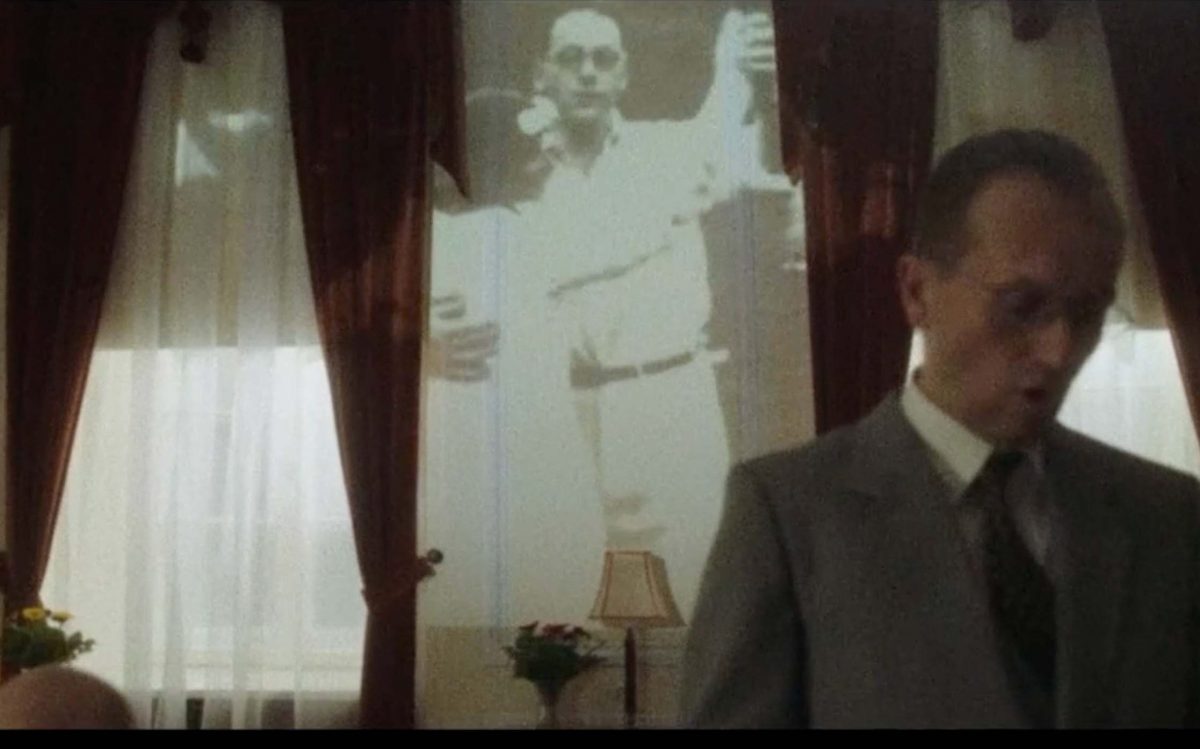It has been said that it felt as if the souls of the six million who were murdered during the Holocaust were in the room with them when the meetings began. They met in secret to negotiate the unthinkable – compensation for the survivors of the largest mass genocide the world had ever known. Survivors were in urgent need of help, but how could reparations be determined for the unprecedented destruction of a people and atrocities suffered by millions? Reckonings explores this fascinating true story set in the aftermath of the Holocaust and leading to the groundbreaking Luxembourg Agreements of 1952.
Directed by award-winning filmmaker Roberta Grossman (Who Will Write Our History) and commissioned by the German Ministry of Finance and the Claims Conference, the film is the first documentary feature to chronicle the harrowing process of negotiating German reparations for the Jewish people. It takes viewers from the halls of power in Bonn, West Germany, where fierce debate raged over how to pay wartime debts, to the streets of Jerusalem, where horror about any talks with Germany led to violent protests and a mob storming the Knesset. It profiles Jewish and German leaders who risked their lives to meet in a hidden castle near the Hague to negotiate the impossible. It captures the anger on one side, the shame on the other, and the anguish for all as talks broke down and failure seemed imminent. And it honors the behind-the-scenes figures who forged ahead to continue negotiations, knowing the compensation would never be enough but hoping it could at least be an acknowledgement, a recognition and a step toward healing.
Filmed in six countries and featuring new interviews with Holocaust survivors, world-renowned scholars and dignitaries, and the last surviving member of the negotiating delegations, Reckonings powerfully illustrates how political will and a moral imperative can join forces to bridge an impossible divide. By confronting the past, the German and Jewish leaders charted a better future for a desperate and traumatized people. Their actions led to the first time in history that individual victims of persecution received material compensation from the perpetrators.

